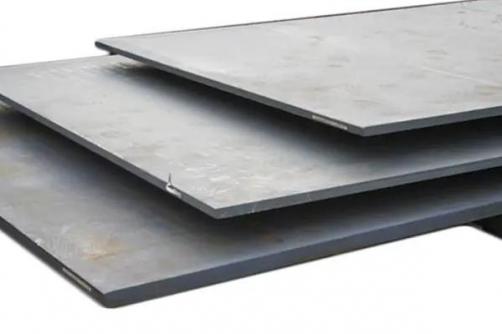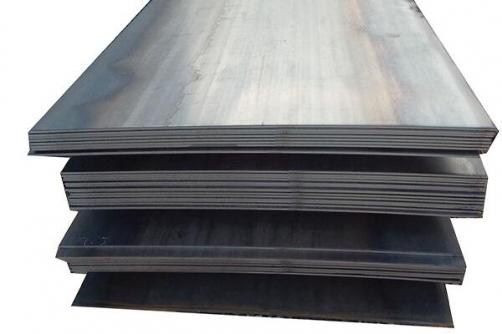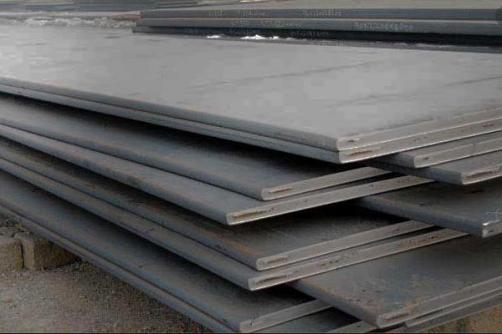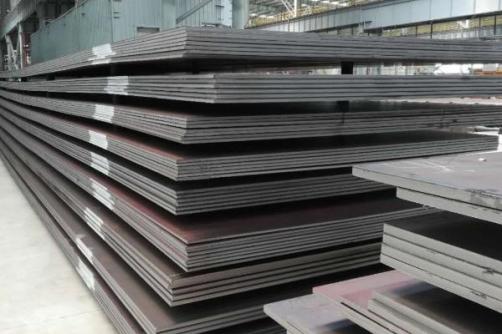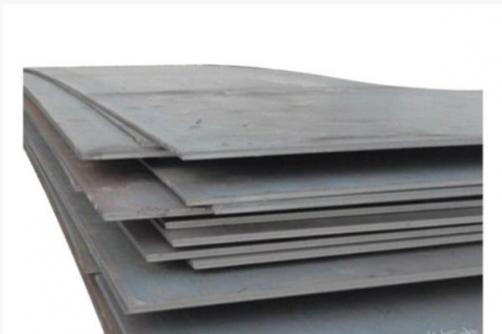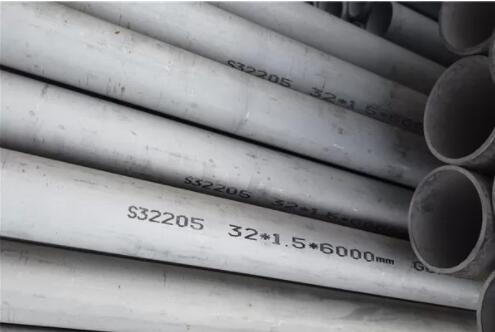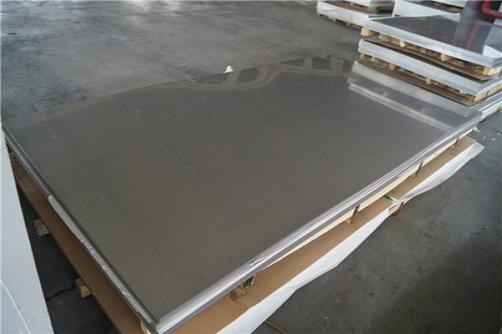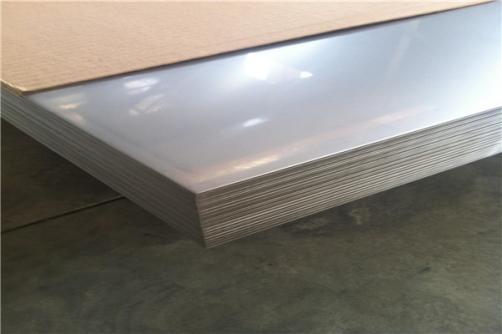Wear-resistant Steel
Uses for Wear-Resistant Steel
When hard materials come in contact with one another over time, damage and wear known as abrasion will occur. In some cases, abrasion is intentional. Processes like blasting, sanding, and grinding will create an abrasion effect.
When unintentional, however, abrasion can cause machine and building components to fail. In these instances, it’s essential to use abrasion-resistant steel, which is strong enough to prevent this type of erosion.The Manufacturing Process
This material is an alloy of carbon, iron ore, and other elements such as manganese and chromium. The iron is melted in a blast furnace to remove impurities, and alloying materials (including carbon) are added during that process. The additional elements help the steel resist wear even with prolonged rubbing. Other substances are added to prevent oxidation. The molten steel is then shaped, heat treated and cut.
The resulting chemical composition has several components that help it resist abrasions. Carbon adds strength and hardness. Chromium and manganese limit the steel’s reaction to wearing. Heat treatment helps the steel form robust microstructures that increase hardness.
Types of Wear-Resistant Steel
Abrasion-resistant steel comes in a variety of grades, each with a specific hardness value on the Brinell scale. The Brinell hardness test uses an indenting machine to test the force that a material can withstand and the size of the indent created by the tool. This contrasts with other types of steel, which are graded by toughness and tensile strength. Hardness is critical to limit the effects of abrasion.
AR400 is a standard grade of abrasion-resistant steel, with 400 representing the Brinell hardness value of the material. AR450 and AR500 have values of 450 and 500 respectively, meaning they are harder than AR400. However, AR400 is more flexible and is easier to form. All three types are appropriate for creating cement forming and pouring equipment, conveyor systems, and mining and excavation equipment. Check out these steel uses for military.
Some brands produce proprietary abrasion-resistant steel varieties, such as MAS500 AR and Hardox 400. Grades with the designation CR have been cold rolled. Proprietary types of steel are used for the same applications described above. If you need to manufacture heavy equipment, abrasion-resistant steel plate can ensure its durability.
Feedback from contact with us
Contact us



